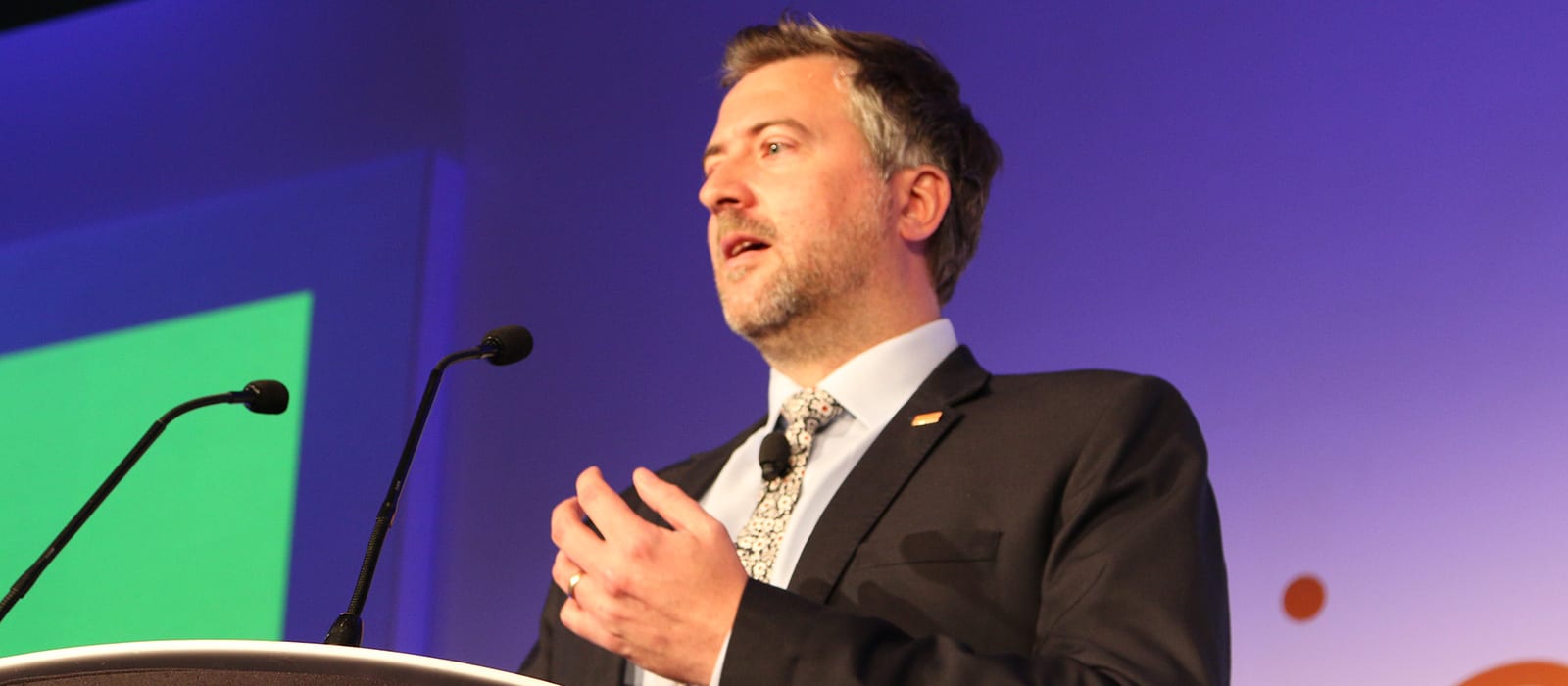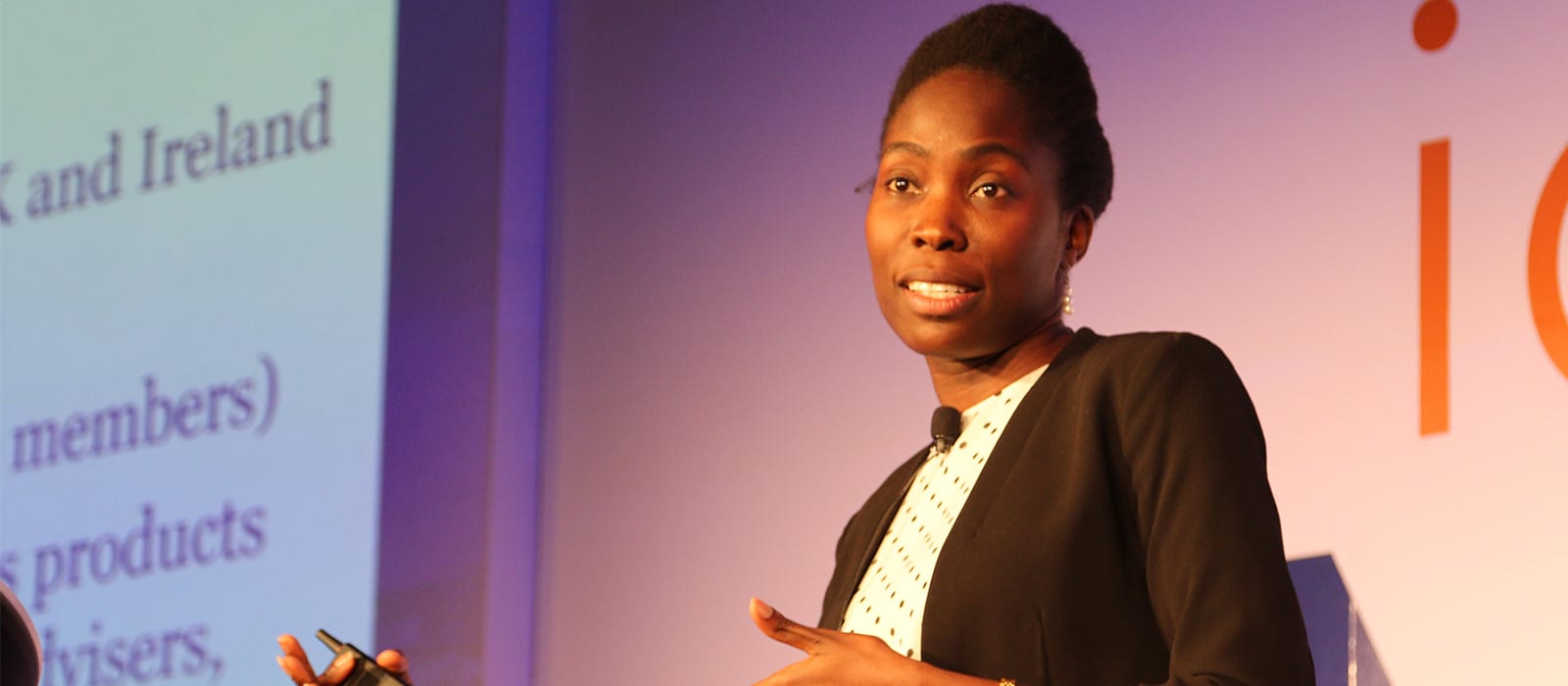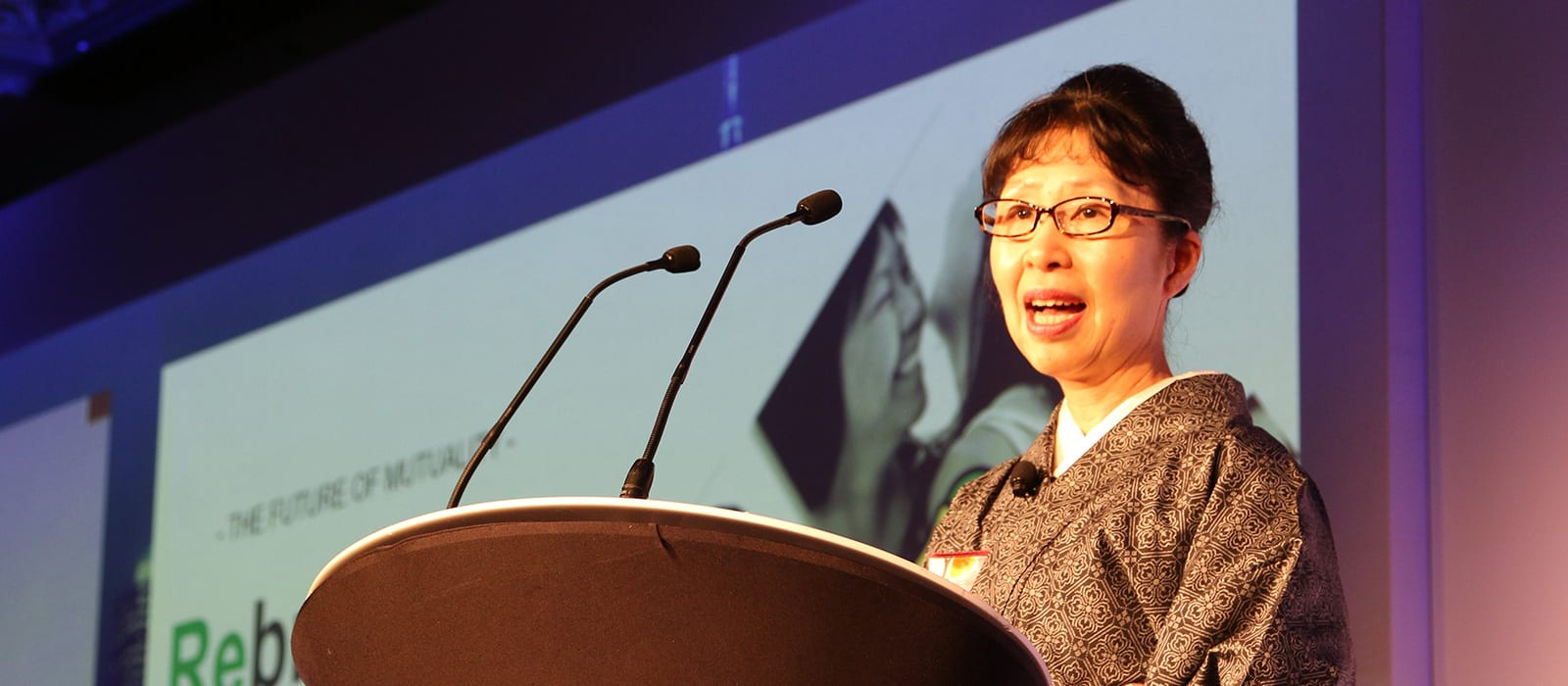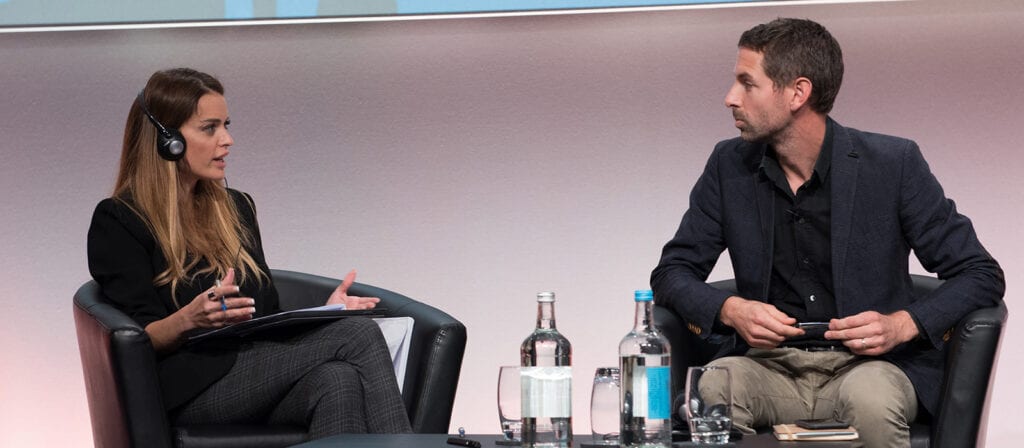Behavioural economics is an emerging field combining psychology and economics that facilitates better understanding of consumer biases. Swiss Re has developed capabilities in behavioural economics after learning that customers do not actually follow through with their intentions of how they said they were going to act. These theories are being applied in insurance to influence (or “nudge”) consumer behaviours across the value chain, such as claims, underwriting, policy renewal and policy administration.
Understanding consumer behaviour can help insurers design interactions to guide the customer in their insurance purchasing journey. Applying insights from behavioural science offers an alternative approach to re-designing customer journeys based on how people actually behave rather than how they should behave.
As a member-owned and purpose-driven organisation, Royal London (UK) is dedicated to ensuring that customers and members receive the right experience and the right service. To be able to achieve this, it emphasises the importance of putting the customer/member at the heart of what it does through its customer value statement model. By listening to the voice of the customer, the mutual has identified seven outcomes that matter most to customers.
To ensure that Royal London delivers a customer-centric service offering, investment was made to improve data and processes, transform its digital (engagement) capabilities, and empower their staff. Whilst the combination of improved data and digital capabilities are enablers for the business, Royal London’s people are the key differentiator, and has helped to embed a “customer first” culture within the organisation.
As a first step to transform into a more friendly and approachable organisation, Kokumin Kyosai co-op (formerly Zenrosai) developed a new brand name. In light of increasing social problems in today’s world, its mission as a cooperative business and the values of mutuality have become even more important in order to provide support to people and society. It was therefore still important that the organisation retained its purpose and responsibility as a cooperative. However, unless it dynamically changed its business models, products and services it would not be able to attract new customers in the future.
The aim was “to reinvent itself to keep our cooperative values unchanged”. The new brand still represents its cooperative mission, but is easier to communicate to the public and convey its values to new (younger) customers. It is now working on other strategic transformation initiatives to drive reform throughout the entire organisation, ensuring its sustainability for the future.
Session speakers:
- Nick Mingo, Accelerator Lead Asia – Behavioural Economics, Swiss Re (Hong Kong)
- Toyin Alalade, Group Strategy Manager, Royal London (UK)
- Koh Tominaga, Managing Director, Kokumin Kyosai co-op (Japan)
- Andrea Brunner, Chief Client Officer, FMG (New Zealand) moderator








